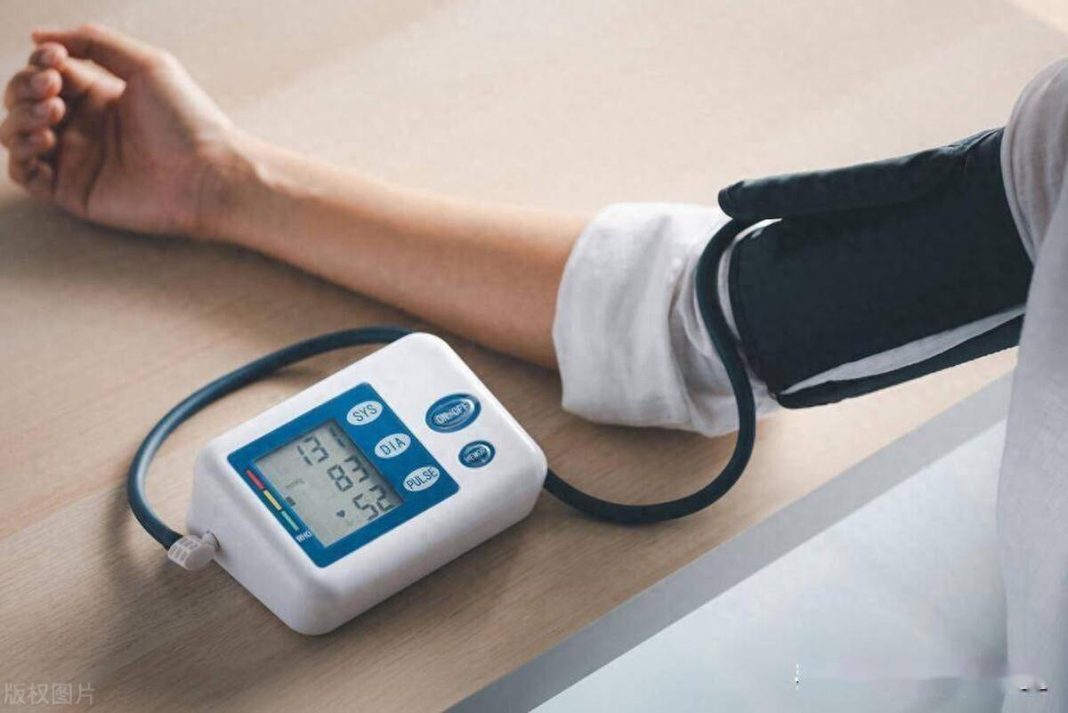Prevention and treatment of hypertension is an important task in the medical health sector, and it is also a self-health management topic that the middle-aged and elderly population needs to pay attention to. As a well-known cardiovascular syndrome, hypertension is divided into primary and secondary categories, with primary hypertension patients constituting the majority.
The current medical consensus on primary hypertension is that it cannot be cured but can only be improved through medication and lifestyle changes; secondary hypertension may be curable. This means that many hypertension patients need to take medication to control their condition in the long term.
One. What are the common antihypertensive drugs currently available?
The causes of hypertension are quite complex, including genetic factors, prolonged stress, mental tension, obesity, unhealthy lifestyle habits, and more. In simple terms, hypertension reflects the intricate relationship between the blood vessels, blood, and heart—
Blood pressure results from the pressure exerted on blood vessels by blood circulating in them. Where does this pressure come from? Pumping blood throughout the body and completing the circulatory loop requires sufficient energy, which is provided by the heart. Therefore, any problems in the heart, blood vessels, or blood can affect and cause hypertension.
Hypertension is essentially a set of fluctuating blood pressure measurements, with some people having high values but showing no obvious symptoms, while others cannot tolerate even minor changes. Regardless, the complications caused by hypertension are real, including coronary heart disease, stroke, heart failure, kidney failure, and other serious issues.
To combat hypertension, scientists have developed at least 6 major categories of antihypertensive drugs, including diuretics, calcium channel blockers, alpha-blockers, beta-blockers, ACE inhibitors, and angiotensin receptor blockers. These drugs have their own indications and should be prescribed by professional doctors after comprehensive evaluation. The consumption of antihypertensive drugs has transitioned from 2-3 times a day to once a day.
Two. The debate over whether antihypertensive drugs are best taken in the morning or at night
The timing of antihypertensive drug administration—morning or night—has been a long-standing debate in the medical field.
Some believe that most patients experience a blood pressure surge in the morning, making it an appropriate time for medication.
Others argue that taking antihypertensive drugs before bedtime can better control blood pressure, significantly reducing the risk of cardiovascular diseases.
Both the “morning dosing group” and “evening dosing group” have substantial clinical data supporting their views, particularly research on nighttime drug administration that foreign research teams believe can effectively address issues like heart attacks, coronary heart disease, cardiovascular accidents, heart failure, and stroke.
The medical community’s disagreements fall on patients, leaving them in a dilemma. Some patients follow doctors’ recommendations and opt for “morning dosing” based on their condition, while others prefer taking antihypertensive drugs before bedtime to avoid daytime fatigue. Some believe that the timing of medication intake makes little difference and adherence to the prescribed dosage is essential.
In reality, many doctors and patients may overlook a crucial issue: all modern antihypertensive drugs are developed and clinically tested primarily on Caucasian populations. Studies on the timing of dosing, whether morning or evening, are also predominantly conducted by Western research institutions with mostly Caucasian samples.
In other words, treatment regimens suitable for European and American patients may not necessarily be appropriate for Chinese patients. From a medication management perspective, which approach better suits the needs of Chinese patients?
Three. Guidance on the optimal timing for antihypertensive drug administration in China
The revised “China Hypertension Prevention and Treatment Guidelines (2024 Edition)” released in mid-August 2024 provide clear answers and recommendations.
The latest guidelines explicitly state that hypertensive patients typically should take antihypertensive drugs in the morning unless clinically indicated to control abnormal nighttime blood pressure elevations. Doctors should not recommend bedtime dosing unless necessary.
This recommendation is based on important research findings that taking antihypertensive drugs around 8:00–12:00 at night does not translate to additional cardiovascular benefits. Therefore, opting for morning dosing between 6:00–10:00 is considered a better choice in terms of treatment.
However, due to the diverse and complex nature of hypertension types in Chinese patients, some individuals may indeed require nighttime medication. How should treatment plans be selected? The latest guidelines provide specific recommendations:
One, it is recommended to use high-dose, long-acting antihypertensive drugs that can cover both morning and evening periods entirely, or adopt a combined treatment approach for pressure control and stability.
Two, use long half-life dihydropyridine drugs like amlodipine, with half-lives of 35–50 hours, to effectively reduce blood pressure fluctuations.
Three, use long half-life ARB and ARNI drugs like irbesartan, sacubitril/valsartan, which effectively lower nighttime blood pressure.
In conclusion, the latest national guidelines have clearly recommended “usually taking antihypertensive drugs in the morning,” so unless specific circumstances necessitate nighttime pressure control, patients should follow professional medical advice to take medication in the morning and strictly manage their treatment course.


